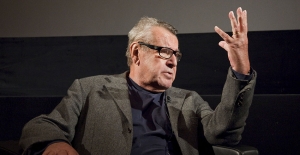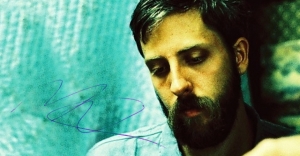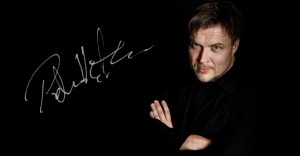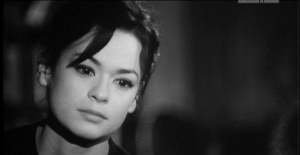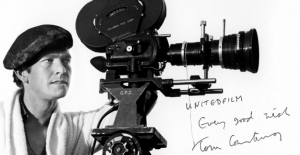
Eva Csölleová, Vítek Formánek
Tvůrčí duo ve složení fotografka - korektorka Eva Csölleová a spisovatel - redaktor Vítek Formánek. Zkušenosti mají s prácí pro časopisy jako Cinema nebo Interview. Vydali desítku knih u nás i v zahraničí. Zaměřují se na interview se zajímavými lidmi či osobnostmi kulturní scény z celého světa.
Miloš Forman-Silver screen legend
Since we haven´t got the chance yet to make interview with this famous director and find his views, we had to make do with his autobiography, published 20 years ago in cooperation with Jan Novák.This book is very honest, opened and funny and so well written that at the last page you wish it never ends.Life of Miloš Forman would be one great movie, full of dramatic turning points with plenty of luck and being at right place at right time.Maybe, someone will shoot it one day… At the beginning of 50´s Miloš met famous and legendary director Martin Frič, with whom he got his first experience.As young graduate from Academy he couldn´t have had better teacher then famous „ Mac“. Miloš reveals.“Our cooperation was somewhat strange and distant and it was bit mysterious as well.Every morning I read Mr.Frič what I have written previous evening.It was always just one picture.He listened, said no word.I ended up, and still silence…No comment, no solution, no nothing…He only sat and I thought he is elsewhere with his thoughts. „How will it continue?“ he asked me after long gap. I explained him my rough idea of what I want to write in the afternoon.He listened to me again without any comments and then he concluded with „ Don´t make it too long“. That was all he said to me. So I went home and wrote the shortest version possible.Within 3 weeks screenplay was ready and once approved I got 3000 Kč cash in hand, the biggest price I have got up to that time.
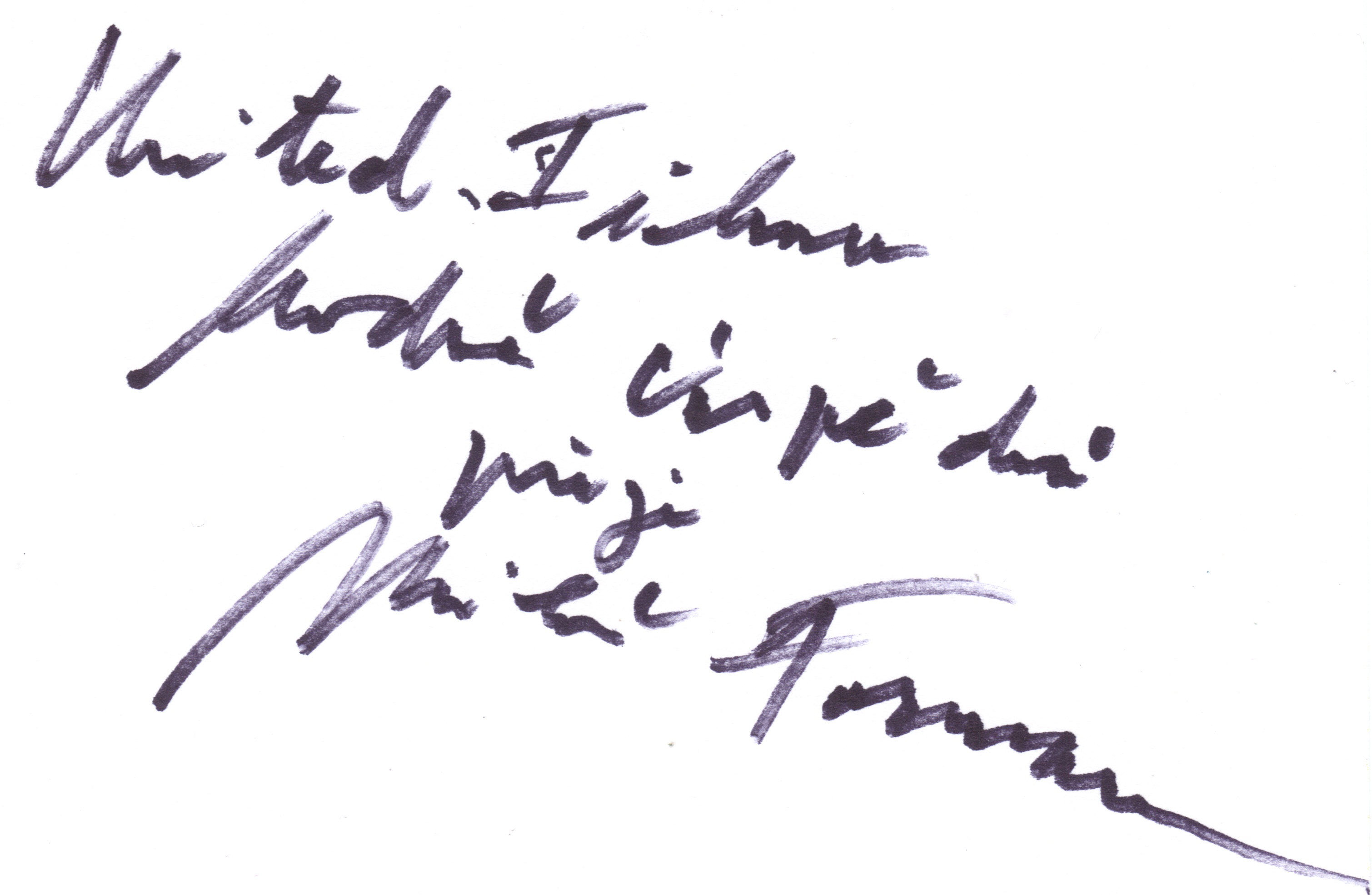
Maximilian Hult is 32 years old director from Stockholm who we met at FebioFest 2014 where he won 5000 euros with his debut film Hemma/Home/.During photo session we asked him for contact and sent him questions following day.To our amazement here replied 24 hours letter which we appreciate very much.
Journey of Finnish director from philosophy to film, Petri Kotwica
Petri Kotwica is a freelance film director who lives in Helsinki, Finland. He has a Master´s degree in film directing from University of Art and Design, Helsinki. He has also studied philosophy and literature at University of Helsinki and directing at the Theatre Academy of Finland. In film school Kotwica made award winning short films, including Tunnel Vision, The Helmet and Las Neuve Vidas. His feature debut Homesick (2005) won several prizes at international film festival. Kotwica´s second feature Black Ice premiered 2008 in Berlinale competition. Black Ice also won national film awards, including best film, directing and screenplay, at more than 50 film festivals. Kotwica´s third feature Rat King (thriller, Finland, Estonia), is a story about online gaming and identity invasion. The film premiered at Tribeca festival 2012 and continued in competition Shanghai International Film Festival in June 2012. We met him in Zlín film festival in 2013 and few months later in Horšovský Týn at Juniorfest. Very friendly and approachable guy agreed with interview almost immediately.
Marie Versini
French actress Marie Versini was born on 10. 8. 1940 in Paris. She was very talented, gifted and worked very hard and it paid off since she became the youngest ever member of the famous Comedie Francaisse.It was in 1957. In film idustry she got a chance at tender age of 16 and her first film was called Mitsou (1956). Her second film was called A Tale of Two Cities where she played big part with main start Dick Begarde. In other films she was starring with to likes of J. P. Belmondo, Paul Newman, Louis Armstrong, Alain Delon, Lex Barker, J. L. Trintignant or Pierre Brice. Mega successful serie of Vinnetou made a star from Versini who is fluent in English, French, German and Italian. This also enabled her to play in various European films with great success. In 1974 she married director Pierre Vialett and played mainly in his films. Reason why we asked her few questions for UNITEDFILM was that her career started in mid 50´s when „new wave“ came to France.
Sir Tom Courtenay- Acting should be always more important than money and visual effects
English actor Tom Courtenay, who was knighted in 2001 and can use title Sir was born on 25.2.1937 in Hull.He attended Kingston High School, then London University College.He inclined to acting, notably to theatre and hence he signed himself to Royal Academy of dramatic art. His theatre debut was nothing smaller than Raven from A.P. Čechov performed in legendry Old Vic Theatre. Soon after that he was discovered by movie and his film debut was in 1962.His second movie” Loneliness of long distance runner” was huge success.Then followed film after film and more success came with “ Billy Liar”, “Operation Crossbow”, “King Rat” and” Doctor Zhivago” for which he received Academy award nomination.During 70´s he devoted his time to theatre and film drafted him back in 1983 and film “ Dresser” brought him second nomination for Academy award. In 1990 he acted in Czech movie “ Last Butterfly” directed by Karel Kachyňa, but this film flops due to political changes in Czech Republic, when people had other interests than film. Sir Tom makes films to these days and he devotes more time to his love- theatre.He is surely a modest man since he always replied our letter with his handwritten one.


